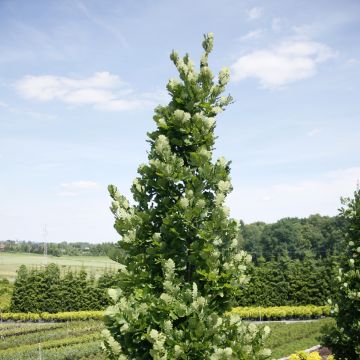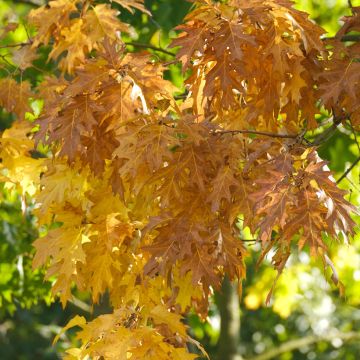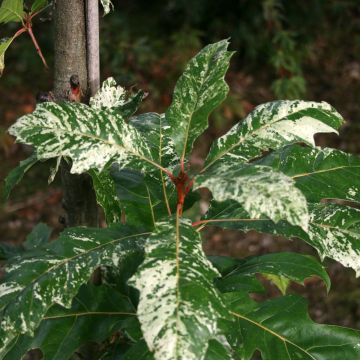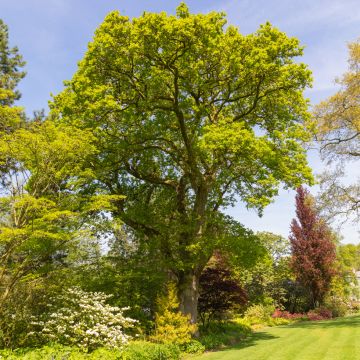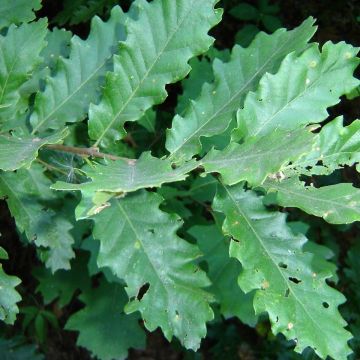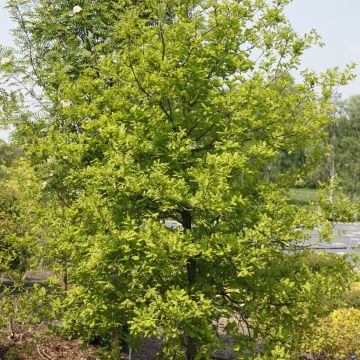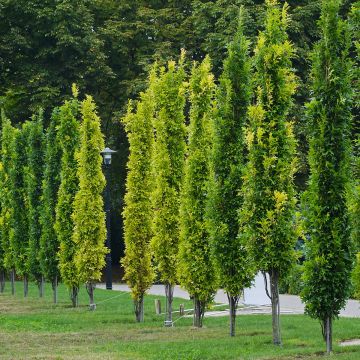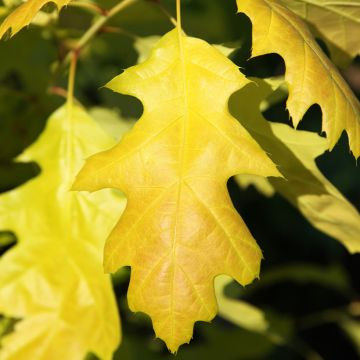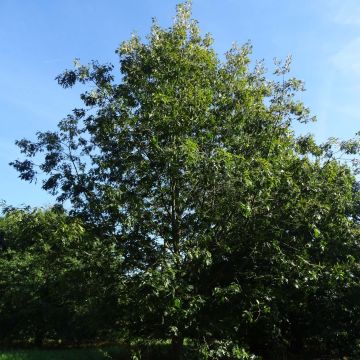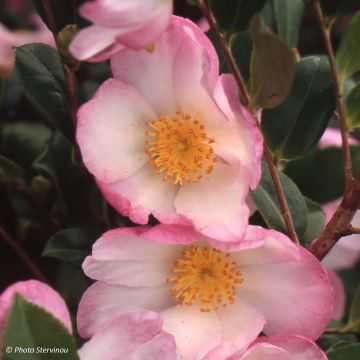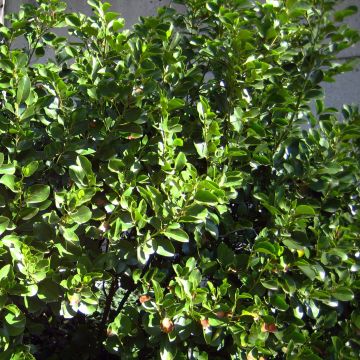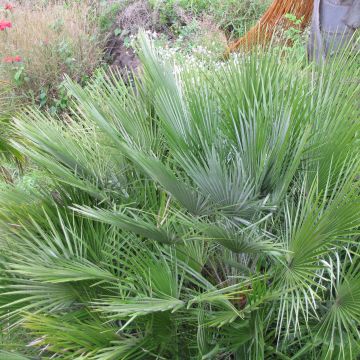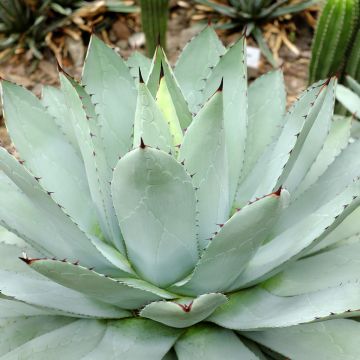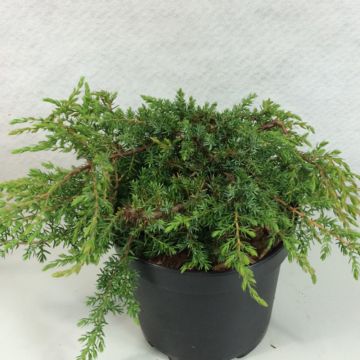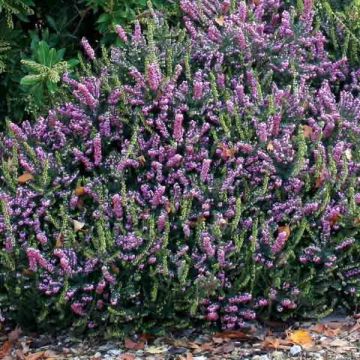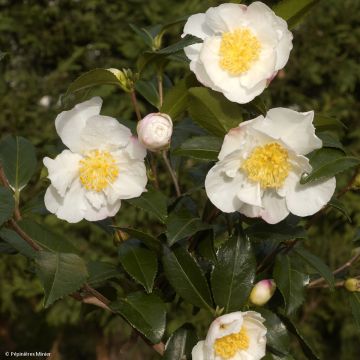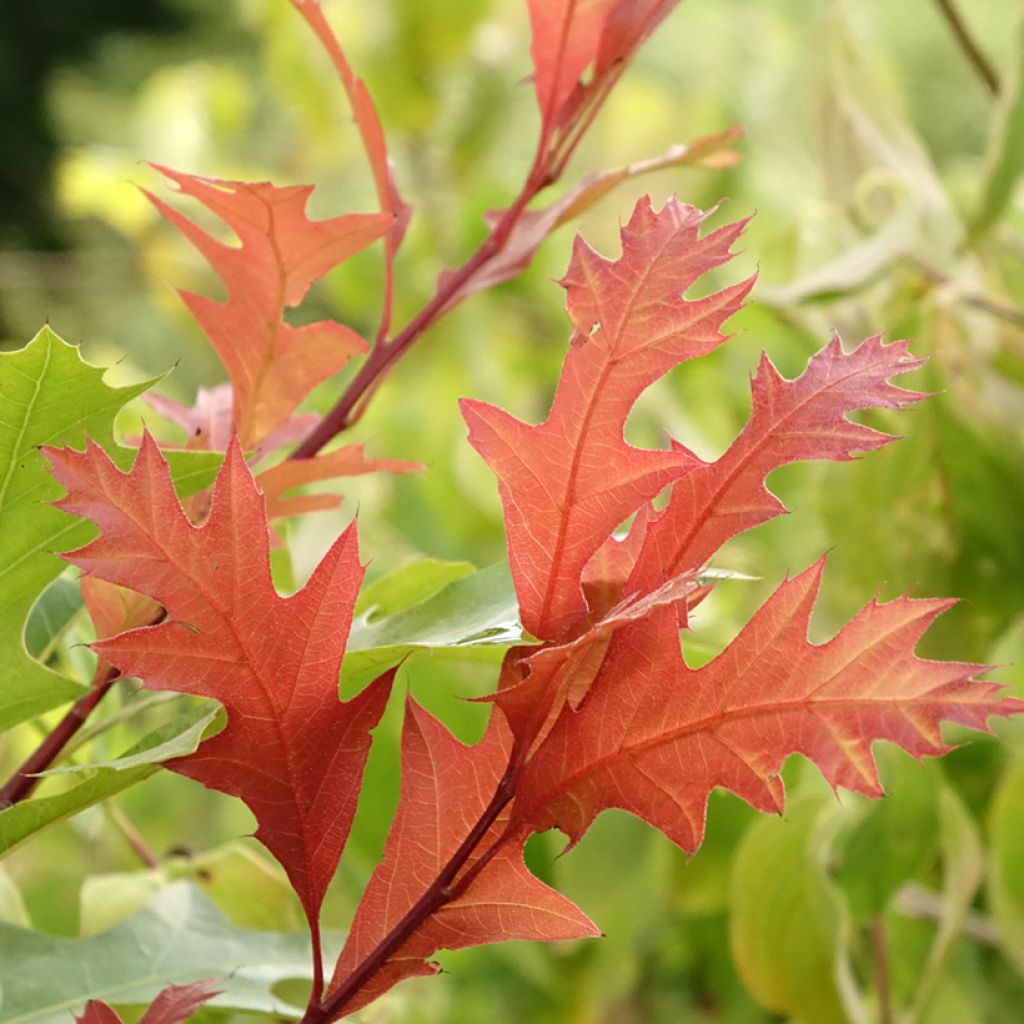

Quercus texana (nuttallii) New Madrid
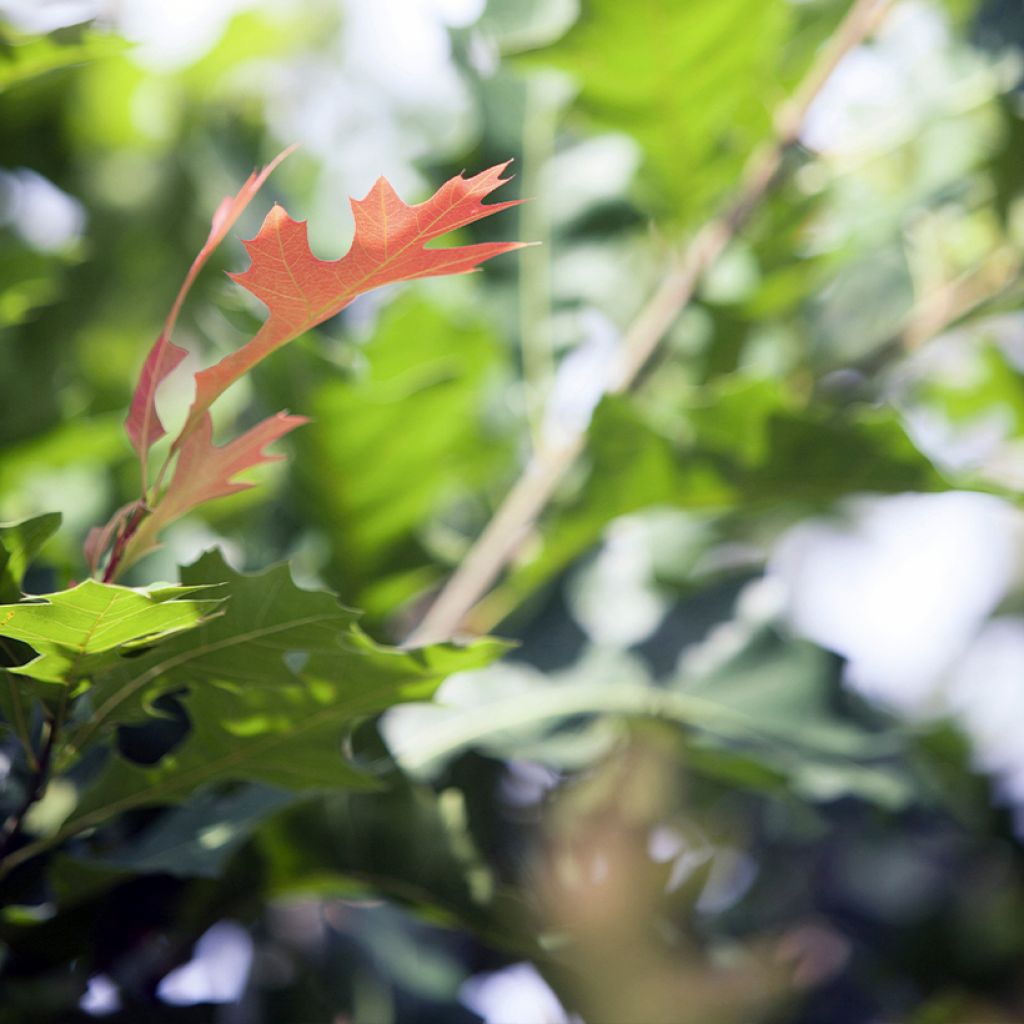

Quercus texana (nuttallii) New Madrid
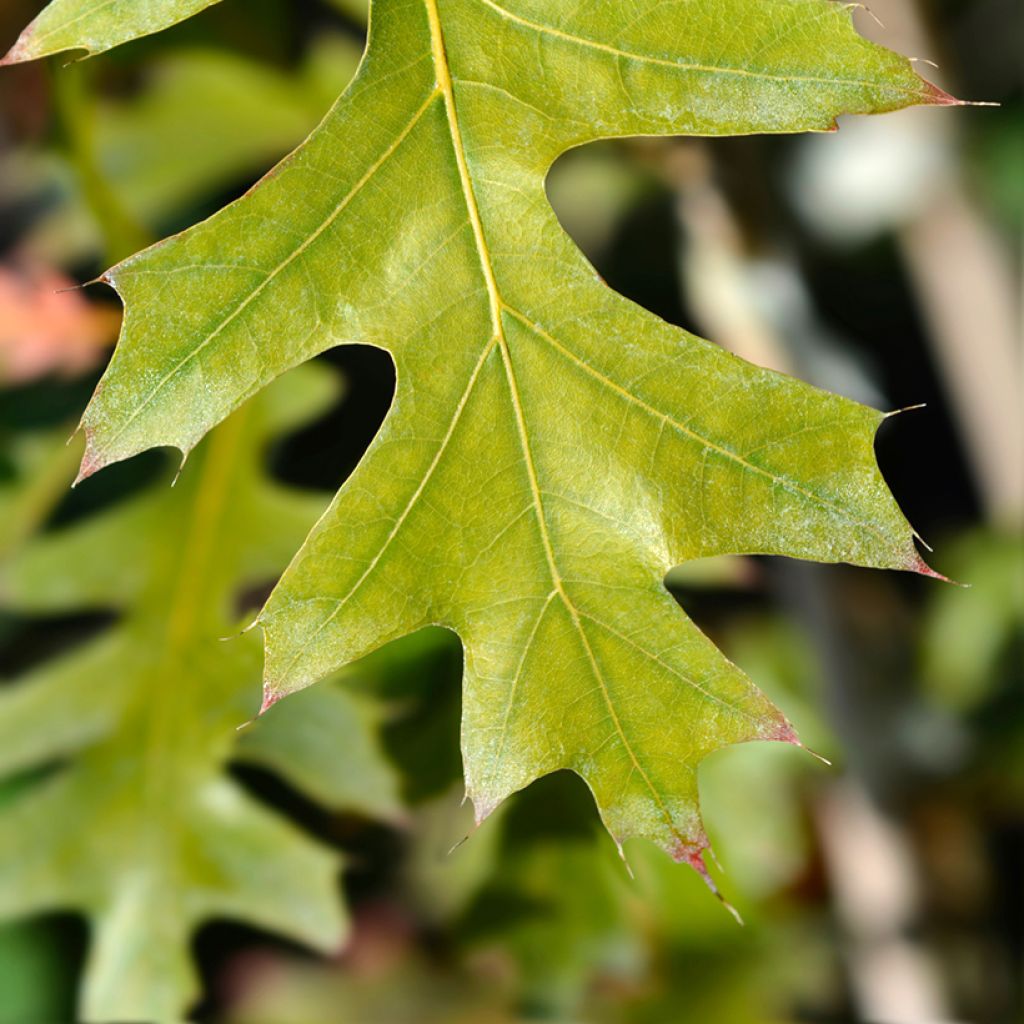

Quercus texana (nuttallii) New Madrid
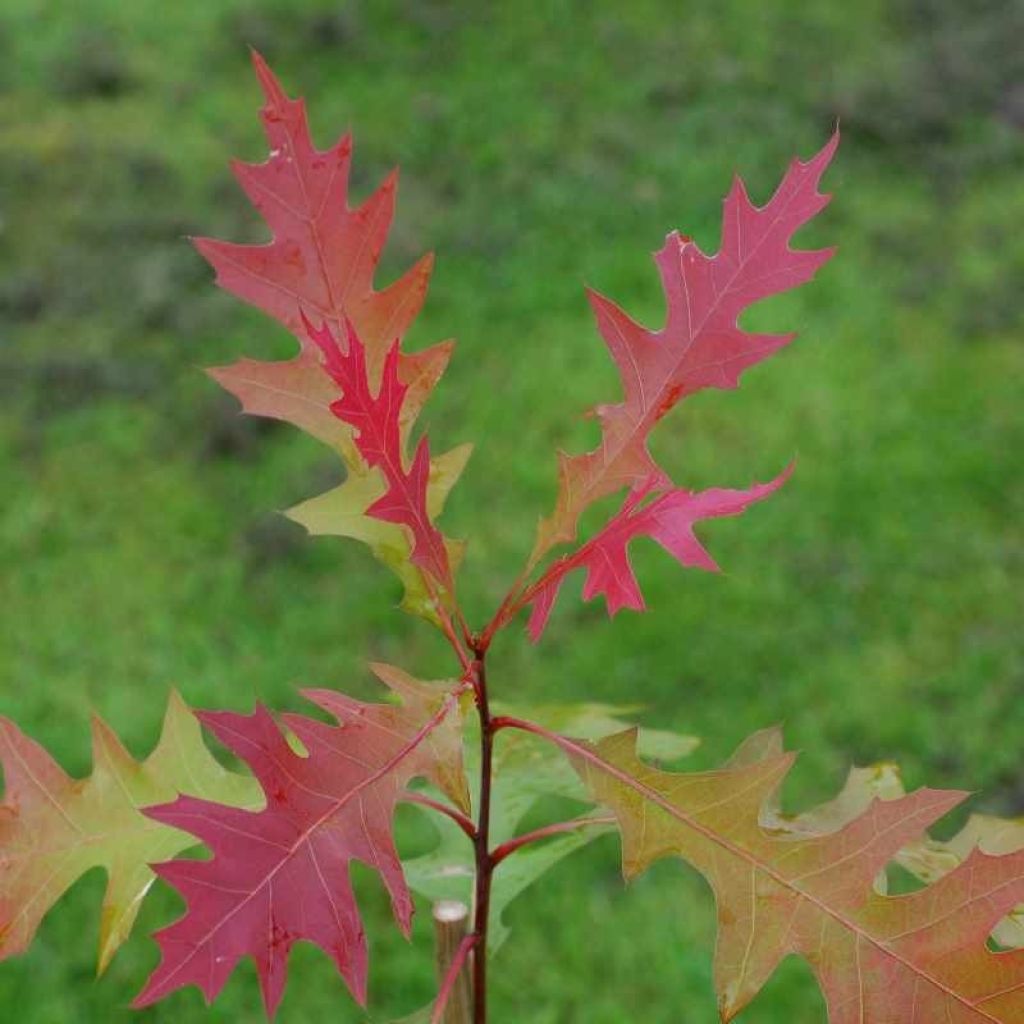

Quercus texana (nuttallii) New Madrid
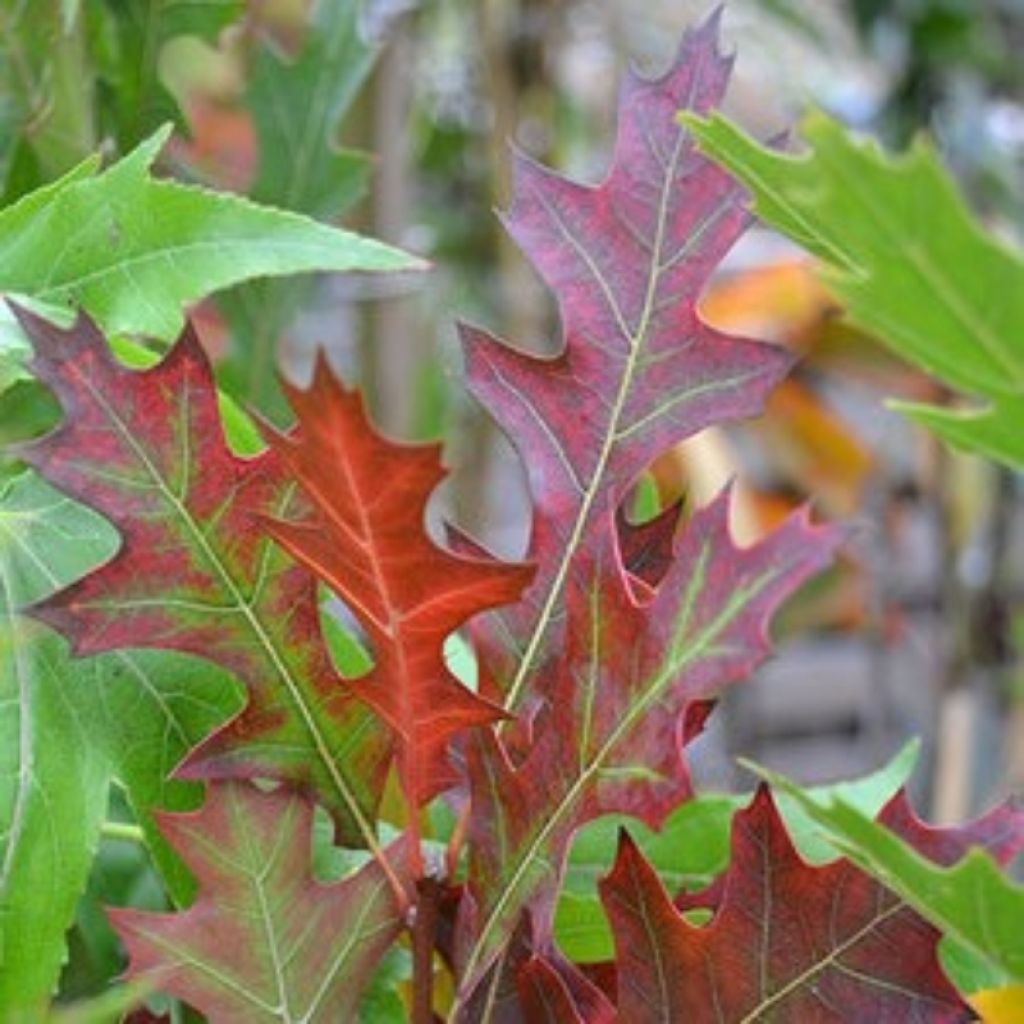

Quercus texana (nuttallii) New Madrid
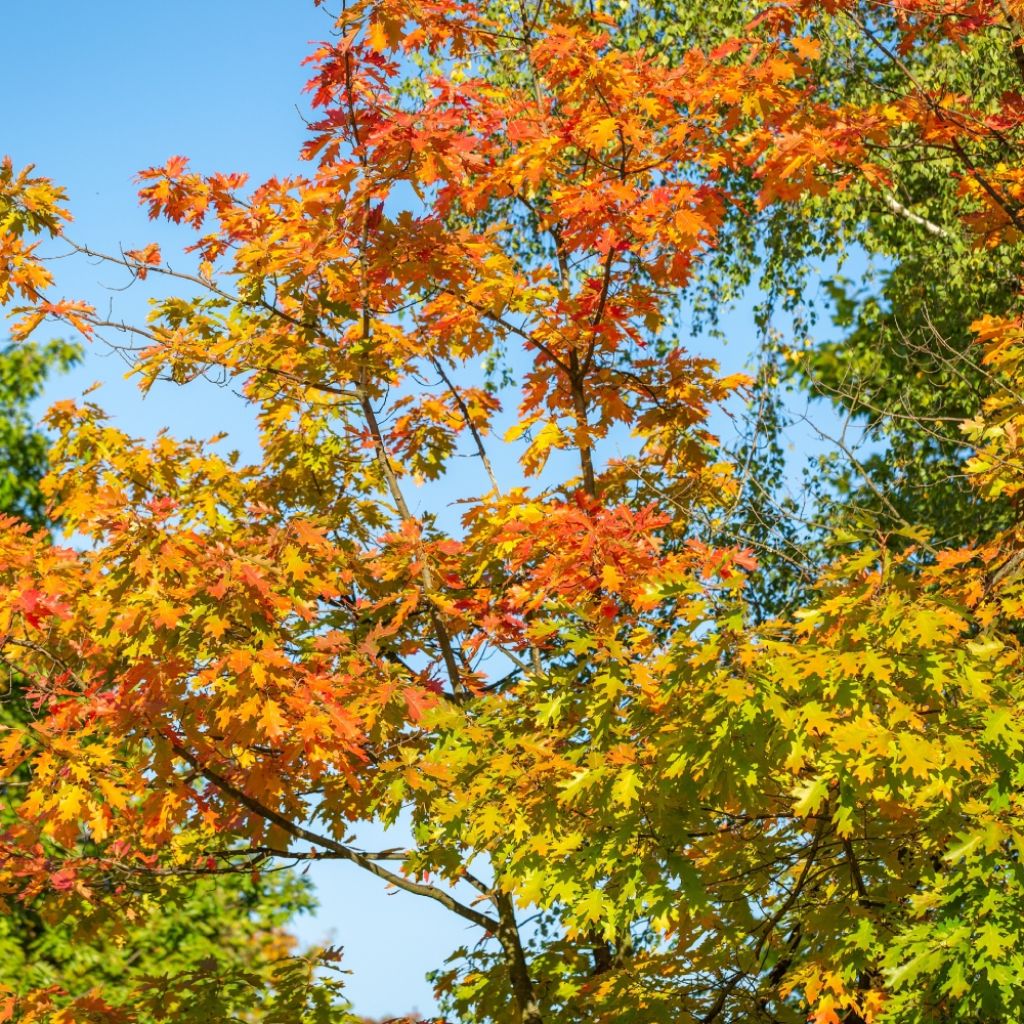

Quercus texana (nuttallii) New Madrid
Quercus texana (nuttallii) New Madrid
Quercus texana New Madrid
Nuttall's Oak, Texas Red Oak
This item cannot be shipped to the selected country
Oversize package delivery charge from €6.90
Delivery to Corse prohibited
More information
Schedule delivery date,
and select date in basket
This plant carries a 24 months recovery warranty
More information
We guarantee the quality of our plants for a full growing cycle, and will replace at our expense any plant that fails to recover under normal climatic and planting conditions.
Oversize package: home delivery by special carrier from €6.90 per order..
Express home delivery from €8.90.
Delivery to Corse prohibited: UE law prohibits the import of this plant from mainland France to Corse as part of the fight against Xylella fastidiosa. Please accept our sincere apologies.
More information
Does this plant fit my garden?
Set up your Plantfit profile →
Description
Quercus texana New Madrid is a variety of Texas Red Oak selected for its denser, narrower crown that becomes more rounded with age. It is a remarkable deciduous tree, fast-growing and imposing, appreciated for its large, deeply lobed leaves that are highly decorative and turn beautiful shades of red and orange in autumn. It is a hardy species that thrives in full sun, ideally in heavy, fertile, and moist soil that is neutral to acidic. This oak makes a magnificent specimen, to be showcased in a park or large garden, either as a standalone tree or lined along a wide avenue.
The New Madrid Texas Red Oak belongs to the Fagaceae family. Its wild ancestor, known as Quercus texana, Quercus nuttalli, or Nuttall oak, is native to the southeastern United States. It is closely related to Quercus palustris. In the wild, this species often establishes on heavy, clayey, poorly drained soils that are dry in summer but always lime-poor. The New Madrid cultivar can reach a height of 20 to 25 meters with a spread of 10-12 m (33-39ft). This tree has a generally pyramidal habit with more or less horizontal branches. The leathery, deeply cut leaves with 7 to 9 pointed lobes somewhat resemble those of maples. They can grow up to 20 cm (8in) long. When they emerge in spring, they are copper-red. They become glossy green during summer and then turn brownish before displaying magnificent autumnal hues, persisting on the branches until early winter. This oak blooms early in spring and produces after two years striated, reddish-brown acorns, 1.5 to 2.5 cm (1in) wide. Its trunk is straight and initially covered with smooth, gray-brown bark that becomes black and furrowed over time. The branches are grayish-brown. This oak has a taproot but does not root very deeply. It can live for 90 to 120 years in a garden.
The New Madrid oak thrives in any rich, preferably acidic soil in an open position where it can be seen from a distance. It is cultivated as an ornamental tree in parks and large gardens, where it can fully express its potential as a shade tree or large specimen tree. It develops more harmoniously when grown in sheltered conditions with minimal competition. Why not pair it with Taxodium distichum (Bald Cypress) or Nyssa sylvatica (Black Gum), which require nearly the same growing conditions? Two fern species such as Onoclea sensibilis (Sensitive Fern) in neutral to acidic and moist soil, in full sun to partial shade, and Dryopteris palustris (Marsh Fern), ideal for riverbanks or marshy settings, in light shade or full sun, can also be planted at its base.
Report an error about the product description
Quercus texana (nuttallii) New Madrid in pictures
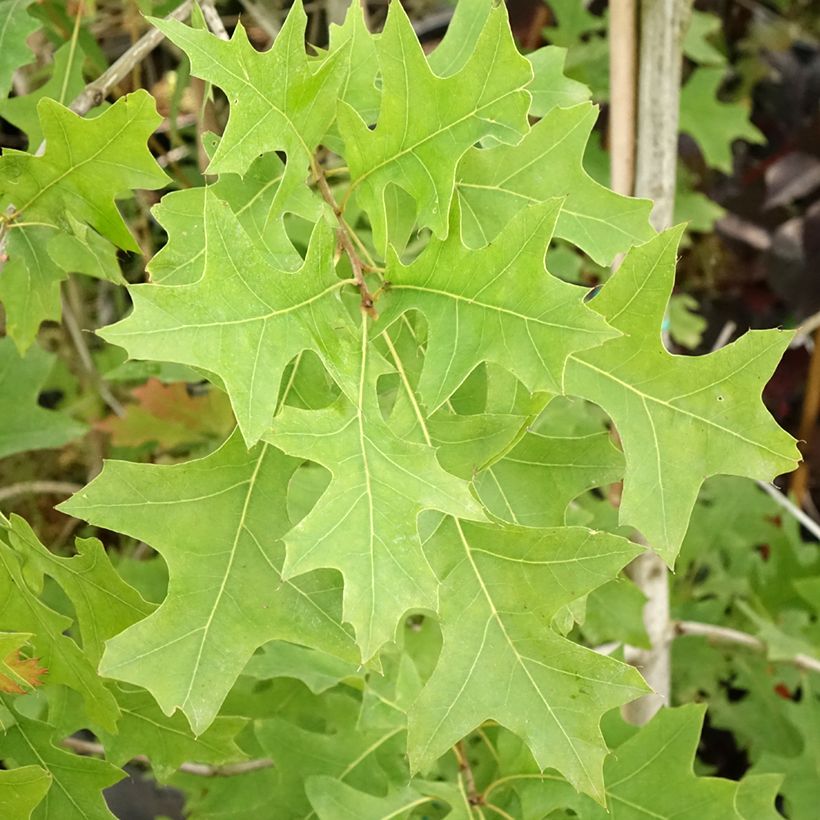

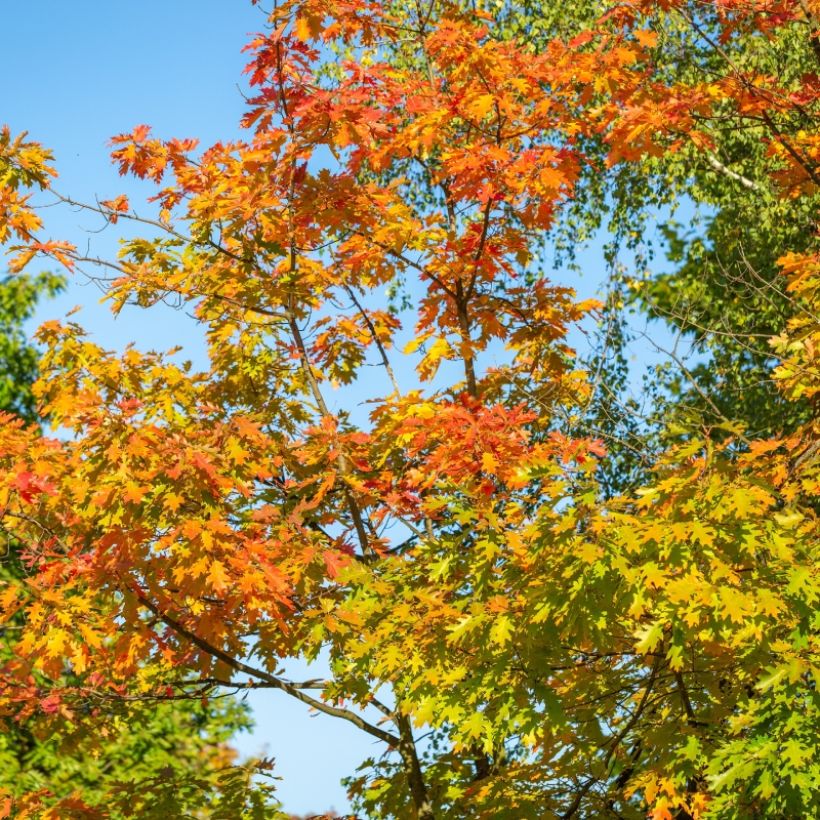

Plant habit
Flowering
Foliage
Botanical data
Quercus
texana
New Madrid
Fagaceae
Nuttall's Oak, Texas Red Oak
Cultivar or hybrid
Other Oak
Planting and care
Quercus texana New Madrid is best planted in autumn in any rich, deep, clayey or humiferous, slightly acidic to neutral soil, devoid of limestone. It tolerates occasional periods of drought. It should be placed in a sunny location. Stake the young plants and then let nature take its course. Pruning is unnecessary, except for young trees that do not grow in a balanced manner. In February, before the start of vegetation, remove dead or diseased wood that hinders the habit of the tree.
Planting period
Intended location
Care
-
, onOrder confirmed
Reply from on Promesse de fleurs
Evergreen shrubs
Haven't found what you were looking for?
Hardiness is the lowest winter temperature a plant can endure without suffering serious damage or even dying. However, hardiness is affected by location (a sheltered area, such as a patio), protection (winter cover) and soil type (hardiness is improved by well-drained soil).

Photo Sharing Terms & Conditions
In order to encourage gardeners to interact and share their experiences, Promesse de fleurs offers various media enabling content to be uploaded onto its Site - in particular via the ‘Photo sharing’ module.
The User agrees to refrain from:
- Posting any content that is illegal, prejudicial, insulting, racist, inciteful to hatred, revisionist, contrary to public decency, that infringes on privacy or on the privacy rights of third parties, in particular the publicity rights of persons and goods, intellectual property rights, or the right to privacy.
- Submitting content on behalf of a third party;
- Impersonate the identity of a third party and/or publish any personal information about a third party;
In general, the User undertakes to refrain from any unethical behaviour.
All Content (in particular text, comments, files, images, photos, videos, creative works, etc.), which may be subject to property or intellectual property rights, image or other private rights, shall remain the property of the User, subject to the limited rights granted by the terms of the licence granted by Promesse de fleurs as stated below. Users are at liberty to publish or not to publish such Content on the Site, notably via the ‘Photo Sharing’ facility, and accept that this Content shall be made public and freely accessible, notably on the Internet.
Users further acknowledge, undertake to have ,and guarantee that they hold all necessary rights and permissions to publish such material on the Site, in particular with regard to the legislation in force pertaining to any privacy, property, intellectual property, image, or contractual rights, or rights of any other nature. By publishing such Content on the Site, Users acknowledge accepting full liability as publishers of the Content within the meaning of the law, and grant Promesse de fleurs, free of charge, an inclusive, worldwide licence for the said Content for the entire duration of its publication, including all reproduction, representation, up/downloading, displaying, performing, transmission, and storage rights.
Users also grant permission for their name to be linked to the Content and accept that this link may not always be made available.
By engaging in posting material, Users consent to their Content becoming automatically accessible on the Internet, in particular on other sites and/or blogs and/or web pages of the Promesse de fleurs site, including in particular social pages and the Promesse de fleurs catalogue.
Users may secure the removal of entrusted content free of charge by issuing a simple request via our contact form.
The flowering period indicated on our website applies to countries and regions located in USDA zone 8 (France, the United Kingdom, Ireland, the Netherlands, etc.)
It will vary according to where you live:
- In zones 9 to 10 (Italy, Spain, Greece, etc.), flowering will occur about 2 to 4 weeks earlier.
- In zones 6 to 7 (Germany, Poland, Slovenia, and lower mountainous regions), flowering will be delayed by 2 to 3 weeks.
- In zone 5 (Central Europe, Scandinavia), blooming will be delayed by 3 to 5 weeks.
In temperate climates, pruning of spring-flowering shrubs (forsythia, spireas, etc.) should be done just after flowering.
Pruning of summer-flowering shrubs (Indian Lilac, Perovskia, etc.) can be done in winter or spring.
In cold regions as well as with frost-sensitive plants, avoid pruning too early when severe frosts may still occur.
The planting period indicated on our website applies to countries and regions located in USDA zone 8 (France, United Kingdom, Ireland, Netherlands).
It will vary according to where you live:
- In Mediterranean zones (Marseille, Madrid, Milan, etc.), autumn and winter are the best planting periods.
- In continental zones (Strasbourg, Munich, Vienna, etc.), delay planting by 2 to 3 weeks in spring and bring it forward by 2 to 4 weeks in autumn.
- In mountainous regions (the Alps, Pyrenees, Carpathians, etc.), it is best to plant in late spring (May-June) or late summer (August-September).
The harvesting period indicated on our website applies to countries and regions in USDA zone 8 (France, England, Ireland, the Netherlands).
In colder areas (Scandinavia, Poland, Austria...) fruit and vegetable harvests are likely to be delayed by 3-4 weeks.
In warmer areas (Italy, Spain, Greece, etc.), harvesting will probably take place earlier, depending on weather conditions.
The sowing periods indicated on our website apply to countries and regions within USDA Zone 8 (France, UK, Ireland, Netherlands).
In colder areas (Scandinavia, Poland, Austria...), delay any outdoor sowing by 3-4 weeks, or sow under glass.
In warmer climes (Italy, Spain, Greece, etc.), bring outdoor sowing forward by a few weeks.


































